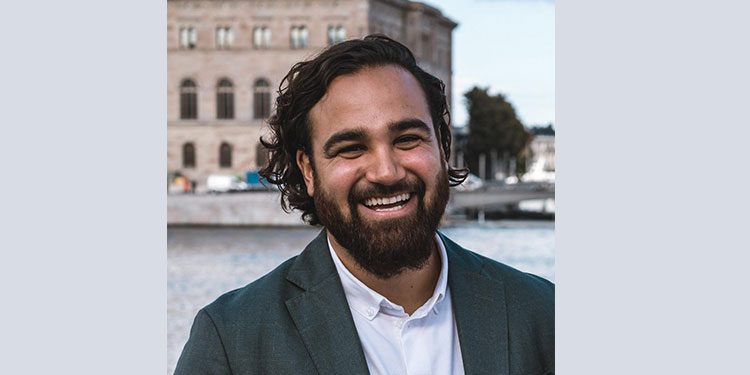Influence has been at the heart of marketing for a long time – seeking it, obtaining it, then using it effectively to achieve your goals. Somewhere purposely, it’s also what gave rise to the influencer marketing industry. Only a few years ago, the influencer marketing arena was limited to celebrities, big brands and a few devoted bloggers but with time it has spread. Influencer marketing became what it is today because of the high level of the trust that influencers created with their followers. However, with the increase in the number of influencers, the trust on the content created by them is also decreasing. According to a study by media agency UM, only 4% of people globally now trust what influencers say online.
Furthermore, InfluencerDB’s latest Audience Quality Benchmark report found that Instagram influencer marketing engagement has been steadily dropping globally since 2016. The average engagement rate for sponsored posts dropped from 4% in Q1 2016 to 2.4% in Q1 2019 whereas non-sponsored posts fell from 4.5% to 1.9% in the same period. High demand and lack of quality influencers have led to fake followers and brand hopping by influencers that has resulted in a lack of authenticity in their endorsements. This shift in the influencer space has given rise to a bunch of players that are revolutionizing the influencer marketing space for brands using their unique approaches. They are trying to put the ‘influence’ back in influencer marketing.
Here are four such brands:
Brandie: Brandie is world’s first crowd marketing platform that is using technology to democratise influencer marketing. It is a platform for brands to incentivise their happy customers by rewarding their positive behaviour and create communities of brand loyalists. Brandie, a Swedish company founded in 2013, is built on the principle that consumers already endorse their favourite brands on social media. With Brandie, they can now reward this behaviour, encourage and enhance it. It is digitising the word of mouth concept and creating a win-win situation for both brands and their customers. Brands often realised the importance of word of mouth in smaller communities but lacked the tools to measure and incentivise it. Brandie gives them the opportunity to reap on this missed opportunity. It allows brands to not only rewarding the top 1% of social media users, but the other 99% as well helping brands drive more user generated content. The platform, which entered India earlier this year, has partnered with 15 curated brands, including Puma, Air India and Fastrack.
Qoruz: Qoruz is an influencer marketing suite for businesses to leverage influencers for marketing needs powered by big data and automation. While most influencer platforms are marketplaces, signing up influencers to offer only sponsored content solutions, Qoruz is a third party influencer data analytics platform, helping marketers on a variety of case situations like Brand-Influencer planning, Influencer Relationship Management, Data Visualization and Data Enrichment with their API offerings as well.
TikTok: TikTok has become a sensation and talk of the town. It started as a short-video sharing app that allows users to create and share videos on any topic. Due to its fast growth and rising popularity, many brands are now realising the potential of TikTok as a marketing channel. Several brands have utilised techniques like TikTok challenges and contests to get users to generate brand-related content. Most of the biggest influencers are now from TikTok.
Winkl: Winkl ensures that content creation for influencers isn’t a lonely journey, but an emotional and a financially rewarding one. The platform helps influencers create detailed profiles, showcase their work, receive feedback and make money through brand collaborations. Winkl also helps brands run influencer marketing campaigns. Its mission is to be the preferred platform for influencers to engage meaningfully with each other and to be the preferred marketing channel for brands that helps them unlock the power of influencers to achieve their business outcomes.
This article is authored by Mr. Pranav Kosuri, Co-Founder, Brandie.

















